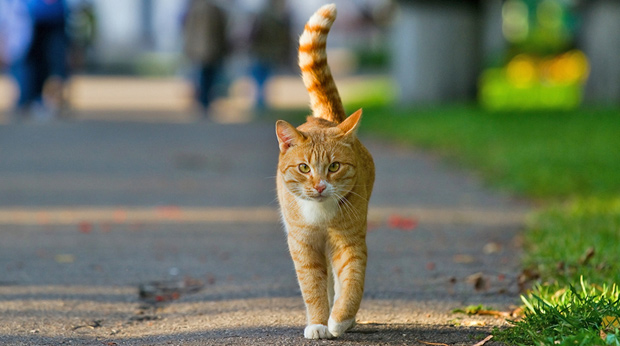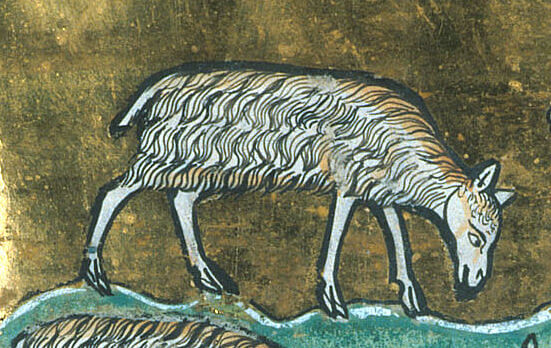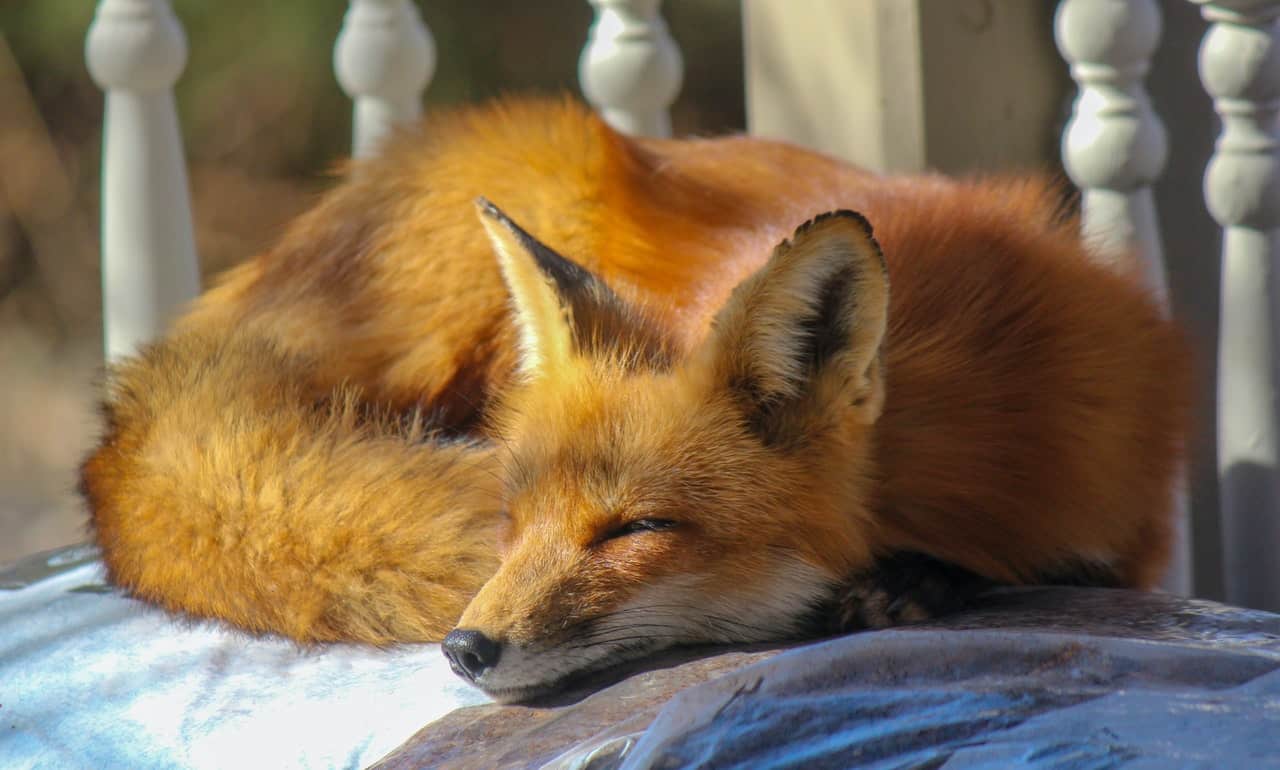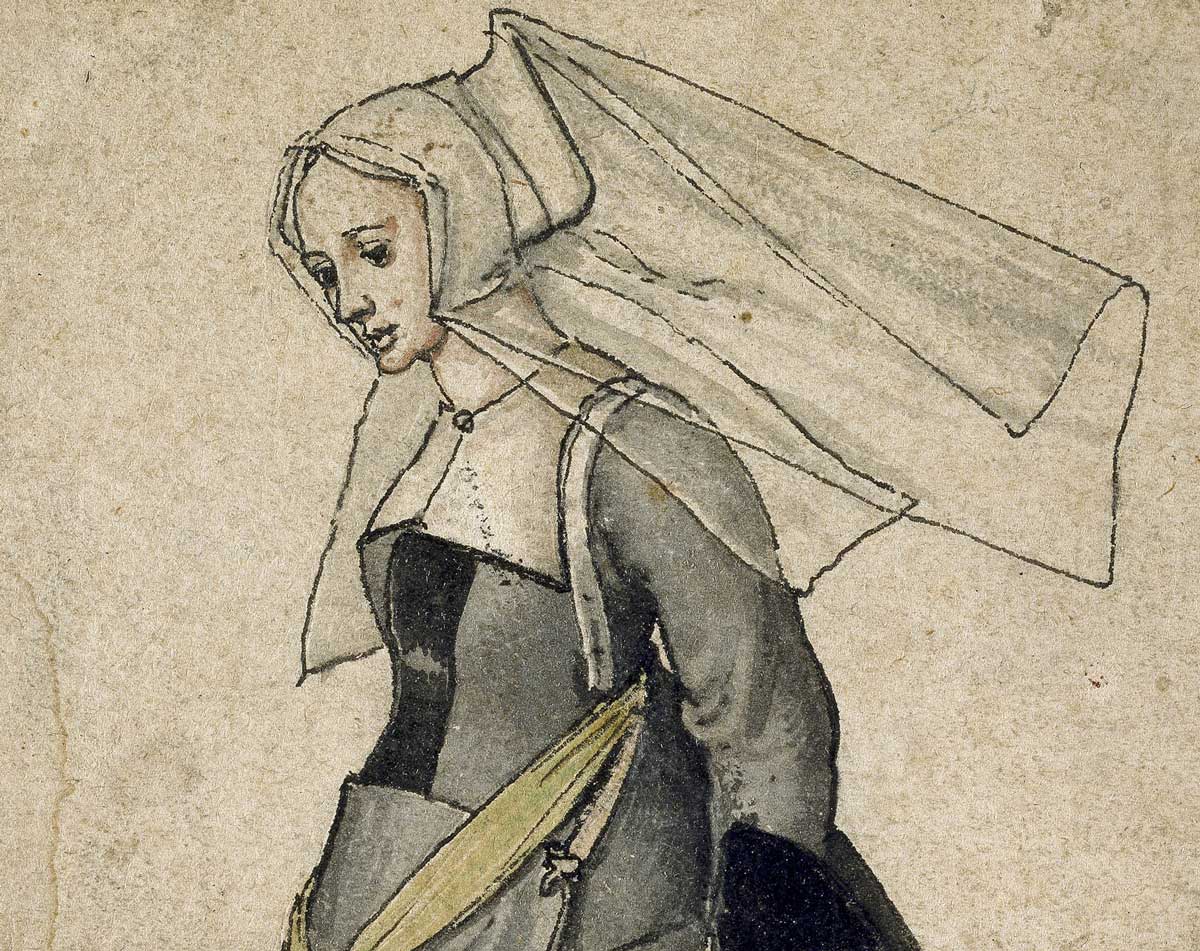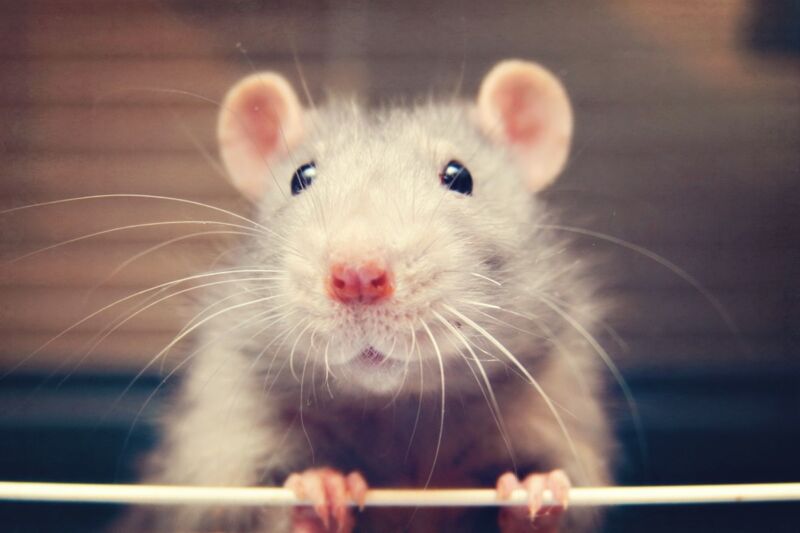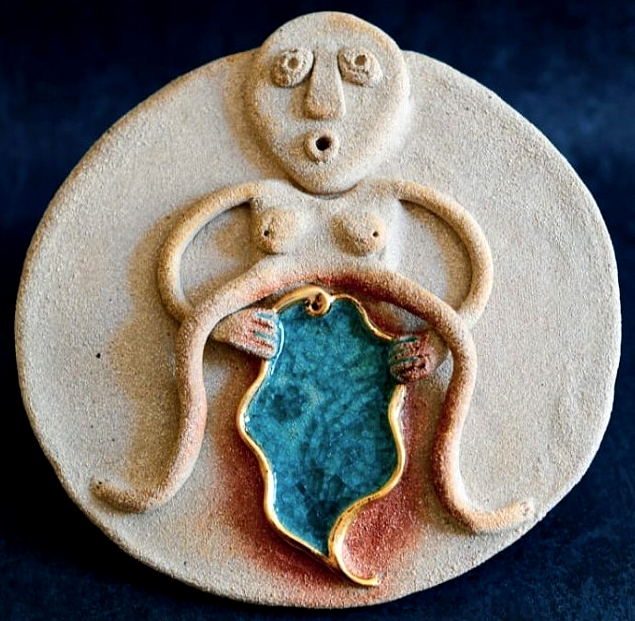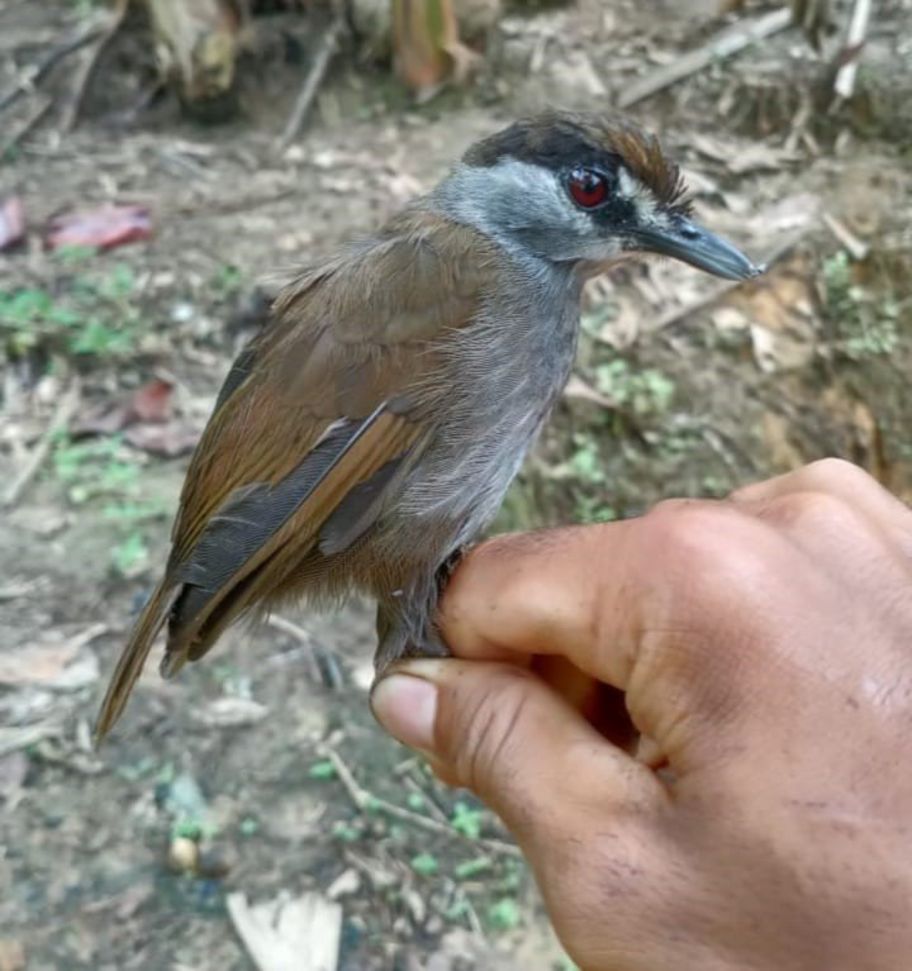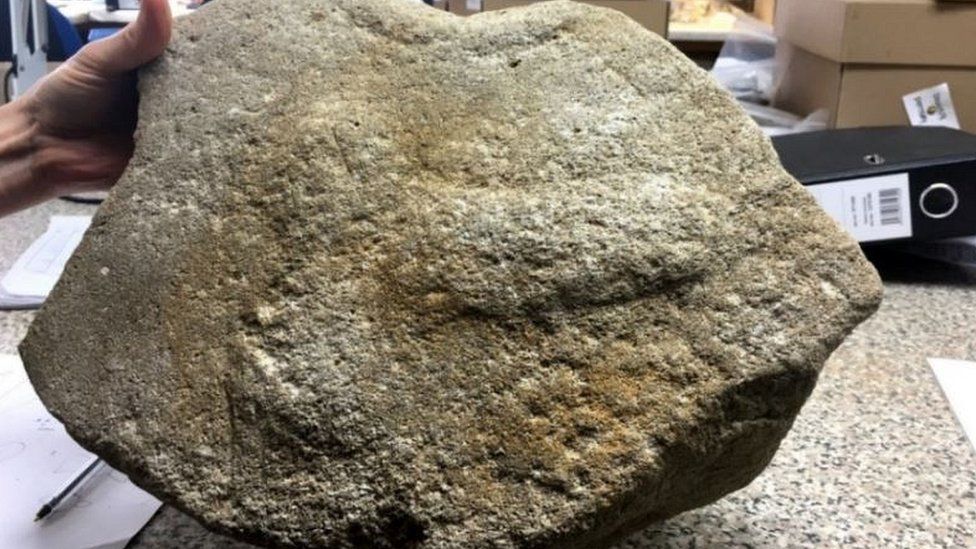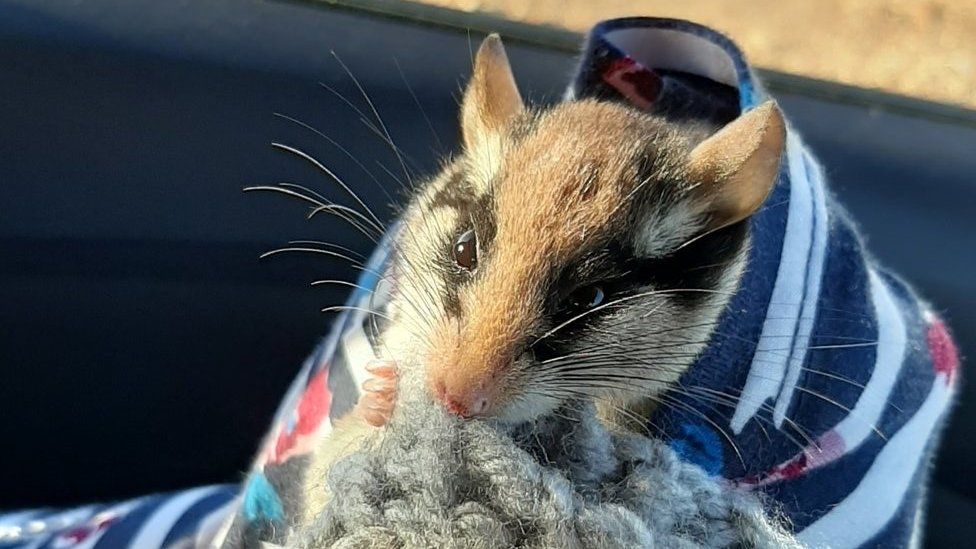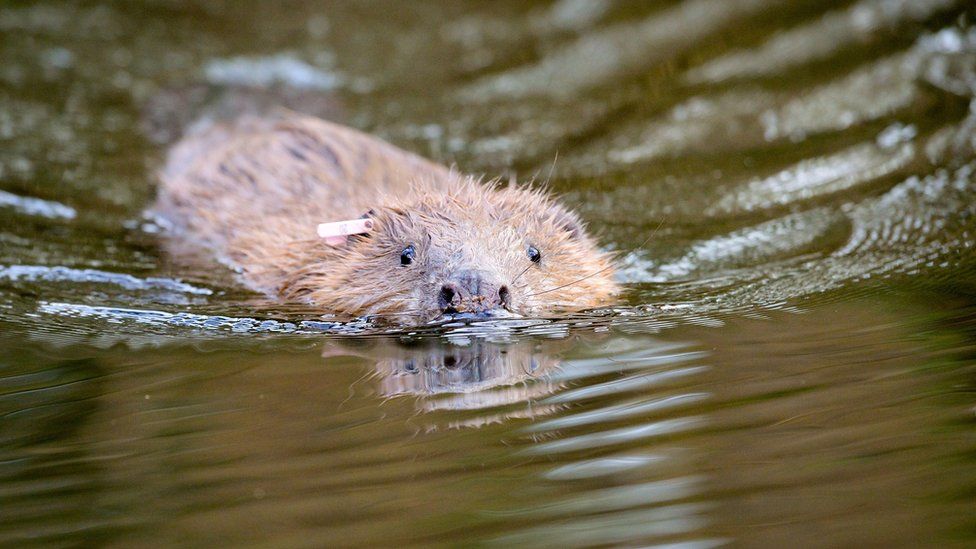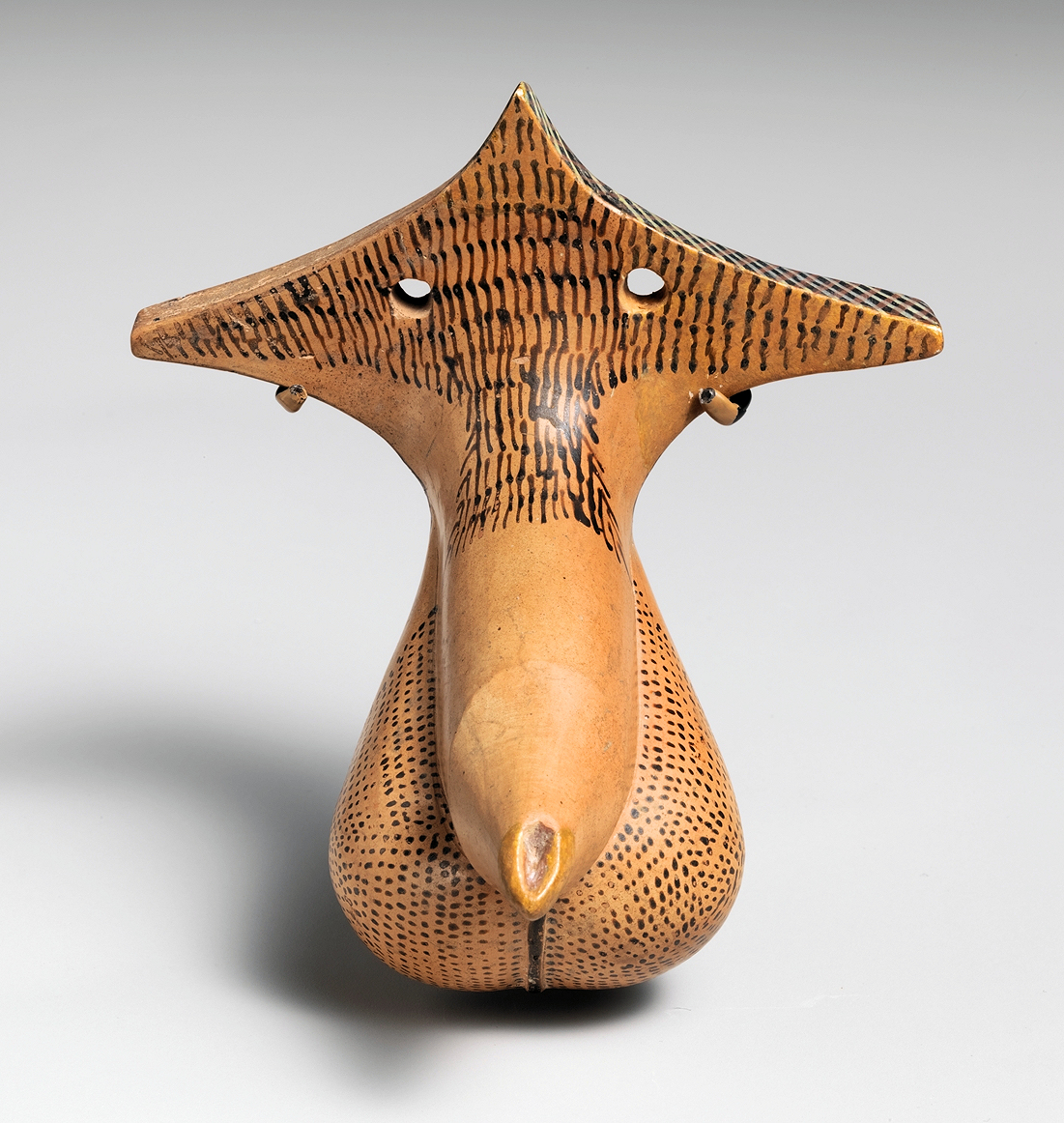Welcome to another action packed edition of our monthly collection of links to items you may have missed the first time around.
Science, Technology, Natural World
On the uselessness of useful knowledge – or how AI is developing.
Do you have an inner voice that chatters away to you? Most people do in some form, but some don’t and some have bizarre inner voices.
So just why is 42 the answer to everything? [£££] [LONG]
And why is it that some organisms throw away large amounts of DNA during early development? [LONG]
It appears that our modern domestic horses originated in southwest Russia.
Recent years have produced a deluge of dinosaur fossils in China, and they’re totally changing the dinosaur history. Like T. rex with feathers?! [£££]
If that worried you, then go hide now. Because jumping spiders’ remarkable senses capture a world beyond our perception.
Health, Medicine
MessangerRNA is behind some of the very successful Covid-19 vaccines, but it is also now beginning to transform the way we treat many illnesses. [£££]
Sexuality
Yet more on the forbidden erotica of ancient Pompeii. [VIDEO]
And now for three items on the (hopefully normalisation and) liberation of female genitalia …
Labia liberation!, the movement to end vulva anxiety. [LONG]
Viva la vulva, ignorance about the basic biology is shockingly high. [LONG]
An interview with Jamie McCartney, creator of The Great Wall of Vagina.
Environment
We’re running out of fish shit, and it matters. [£££]
We’re also running out of species, as apparently almost half Britain’s biodiversity has gone in the last couple of hundred years.
Forty Hall in north London has been chosen as a site for a beaver release project.
Meanwhile it is important we learn to live with, if not love, our house guests.
It seems that volcanic ash and lava enriches the oceans far faster than it does land.
The Campaign for Better Transport has called for a ban on domestic flights and subsidy for rail travel.
One photographer has made it her mission to photograph the plastic in our seas.
Art, Literature, Language
On the origins and setting of Sir Gawain and the Green Knight.
History, Archaeology, Anthropology
Some Chileans are living on top of a hoard of some of the earliest known mummies.
Archaeologists have uncovered a remarkably rare, painted Roman amphitheatre at Richborough in Kent.
It s now well established that the Vikings got to America almost 500 years before Columbus, with their Newfoundland site now firmly dated to 1021AD.
On the development of the medieval Westminster Abbey. [LONG]
Staying with ecclesiastical sites, archaeologists have discovered the unexpected site of the tannery at Fountains Abbey.
On menstruation and how men developed a horror for it in the middle ages.
And so, coming up to Halloween, three items on witchcraft …
First a look at how the historic witches are beginning to receive justice.
Secondly a Twitter thread about witch bottles.
And thirdly on the long and underappreciated history of male witches
London
London’s Underground system had a very early spiral escalator; unfortunately it seems never to have fully commissioned and working.
Lifestyle, Personal Development, Beliefs
Here’s a recently released, but old, interview with our favourite Zen Master, Brad Warner.
The tiny Himalayan Kingdom of Bhutan cares for its happiness more than for its GDP.





